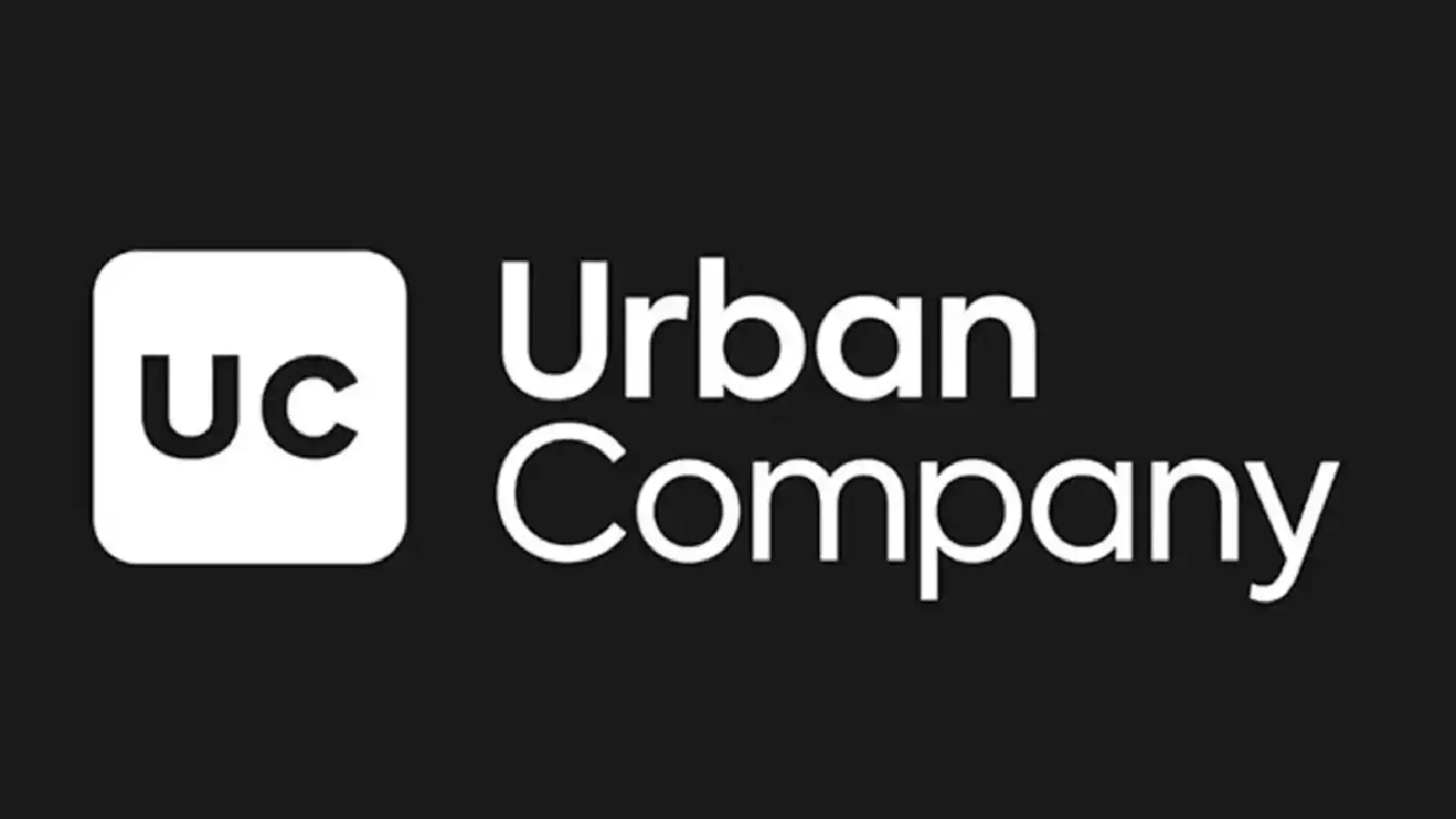
The job market is tough and wage growth is sluggish — unless you have certain skills companies are willing to pay top dollar for.
Some 84% of hiring managers say they plan to offer higher salaries for candidates with specialized skills, according to Robert Half’s 2026 salary guide, which includes data from nearly 2,000 workers and 2,200 hiring managers in the U.S.
The most in-demand skills hiring managers are willing to pay up for, and how much more they expect to offer for them, include:
Artificial intelligence and machine learning: 4.1%
Public accounting, tax, audit and assurance: 3.7%
Content strategy, digital project management and marketing analytics: 3.3%
Customer support and healthcare administration: 3.0%
Legal contract management: 2.7%
Compensation and benefits: 2.4%
Businesses want to hire people to leverage AI to transform their workplaces, for example, but given it’s a newer and fast-changing technology, experienced candidates are “being scooped up as soon as they graduate or have learned those skills,” Michelle Reisdorf, a district director at Robert Half, tells CNBC Make It.
She recommends workers check what opportunities they have to learn new AI skills in their current workplace; they can also seek out opportunities at local libraries, universities or secondary schools for tech bootcamps and to stay on top of AI-related news.
Companies are offering non-salary perks to attract top candidates
Despite a tough market for job seekers, 74% of employers say they’re worried about meeting candidates’ salary expectations, especially for those with hard-to-find skills.
Companies say they’re focused on beefing up their non-salary perks to attract top-tier talent. Half of hiring managers expect that adding new perks and benefits will be an effective recruiting strategy in 2026, according to the Robert Half survey.
“If you’re a candidate with great skills, you’re going to find opportunities out there and still have some negotiating power where total compensation is concerned,” Reisdorf says.
As for what workers want the most, they say financial incentives (like bonuses and student loan repayment help) and work-life balance perks (like remote arrangements and non-traditional scheduling) are the top benefits that would make them jump to a new employer, assuming base pay remains the same.
Some workers say they’re willing to trade work-from-home flexibility if the price is right: 66% would agree to work in-person full-time for a higher salary, with most (60%) requiring a 10% salary bump to do so.
Most job seekers are confident about negotiating but don’t know their options
A majority, 88%, of job seekers say they feel confident negotiating a new offer, but they don’t always know what’s on the table.
Common elements you can negotiate in a job offer include paid time off, stock options or a sign-on bonus, Reisdorf says.
Research what a competitive salary looks like for your role, level of experience, location and other relevant factors; also see what other companies are offering in terms of salary and non-monetary benefits.
“Anything is negotiable, as long as you have your information” and prepare your ask in a professional way, Reisdorf says.
To that end, she recommends practicing your negotiation script with what you’re asking for and concrete reasons why.
Run through the conversation in front of a mirror or with a friend or family member, she says, and try it out a few times.
“By the fifth time of walking through it, it’s going to start to feel like a very comfortable conversation,” Reisdorf says.
Want to be your own boss? Sign up for Smarter by CNBC Make It’s new online course, How To Start A Business: For First-Time Founders. Find step-by-step guidance for launching your first business, from testing your idea to growing your revenue. Sign up today with coupon code EARLYBIRD for an introductory discount of 30% off the regular course price of $127 (plus tax). Offer valid September 16 through September 30, 2025.
Plus, sign up for CNBC Make It’s newsletter to get tips and tricks for success at work, with money and in life, and request to join our exclusive community on LinkedIn to connect with experts and peers.



